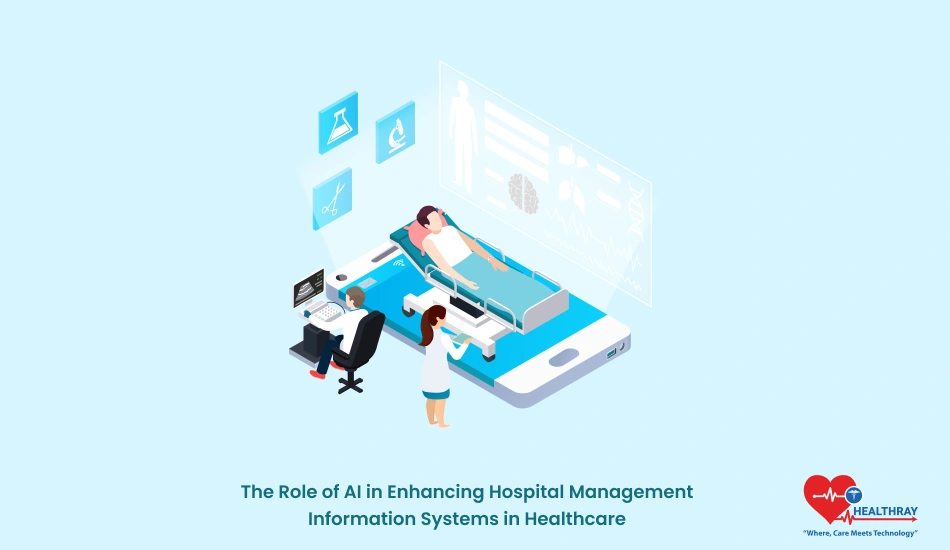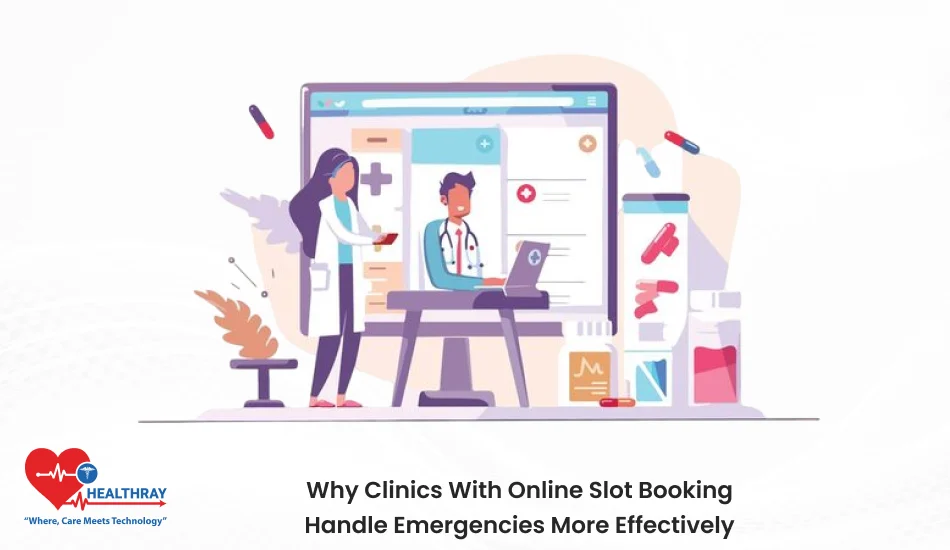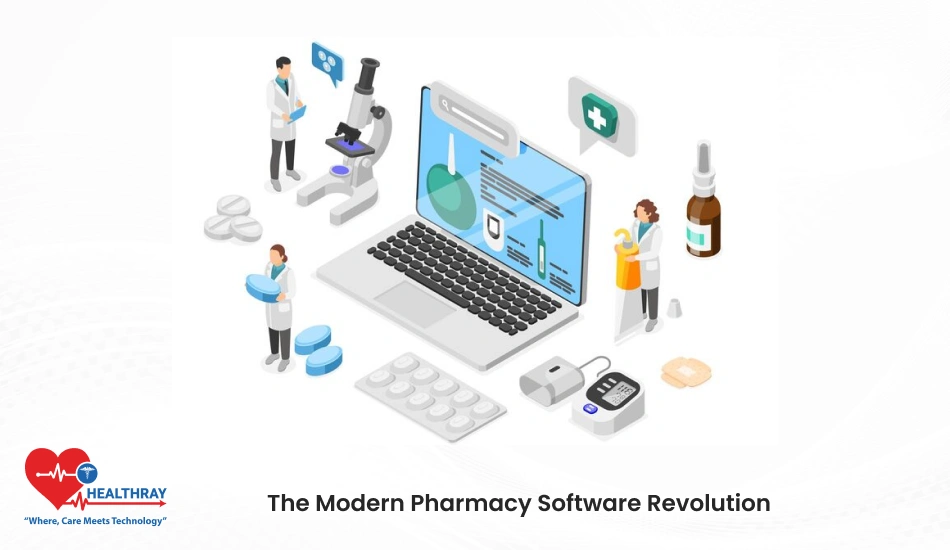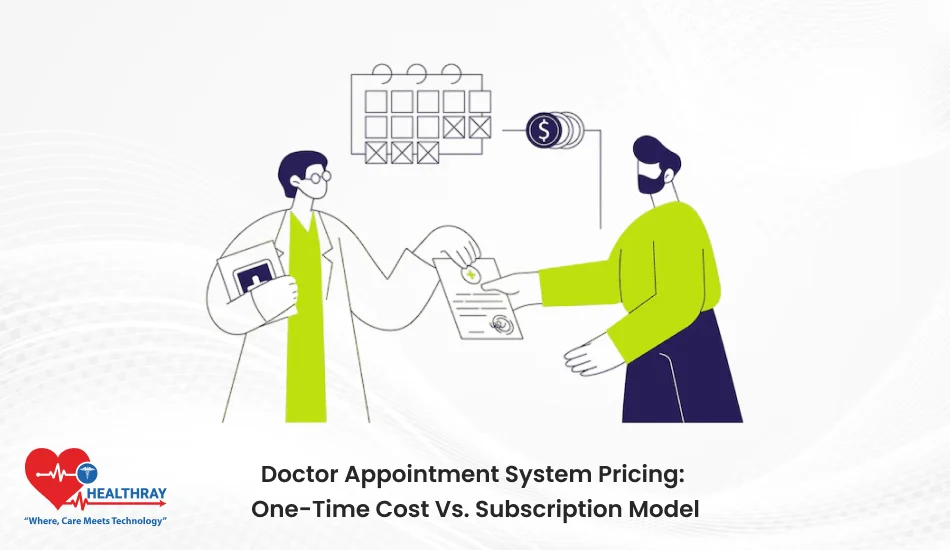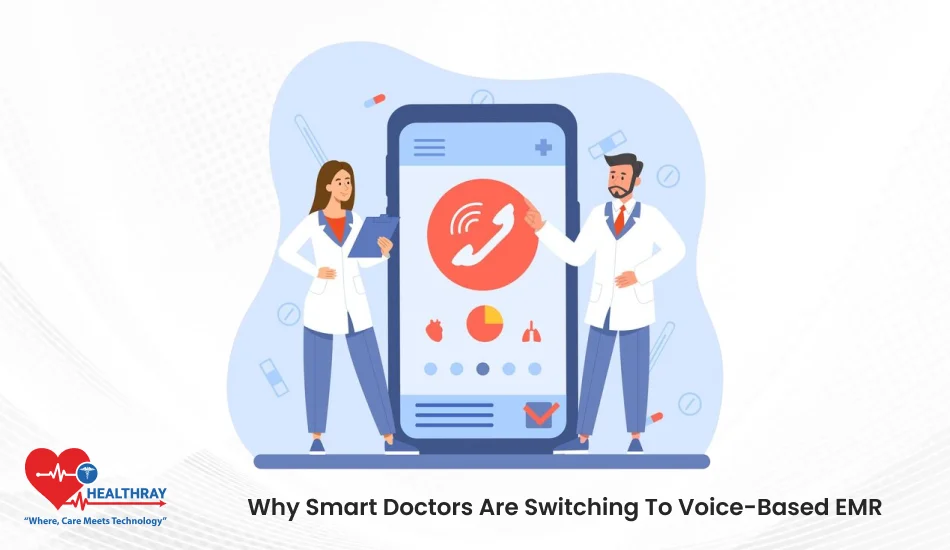Artificial intelligence is making waves in nearly every industry, and healthcare is no exception. When it comes to hospital management, AI is not just about futuristic robots or algorithms running in the background. It’s about solving real challenges like reducing operational inefficiencies, managing patient records more effectively, and helping hospitals make better decisions.
For hospital administrators, healthcare IT professionals, and doctors, AI is becoming an essential tool for tackling growing complexities. It bridges the gap between vast amounts of data and actionable insights. But while it promises to revolutionize the Hospital Information Management System, many wonder—how does it actually work, and what real-world benefits does it bring?
How AI is Reshaping Hospital Management Systems
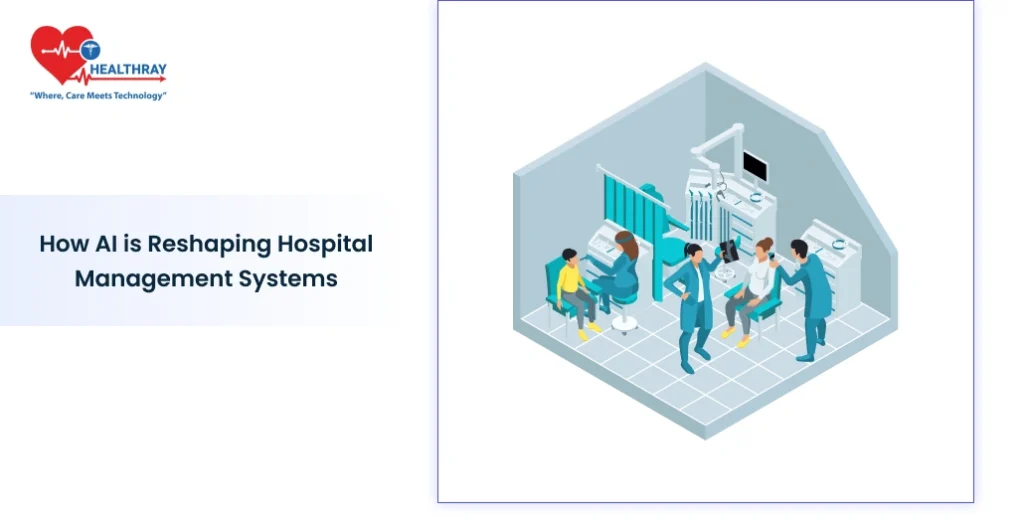
Hospital management information systems are the backbone of modern healthcare facilities. From patient admission to discharge, these systems handle countless processes that keep a hospital running smoothly. But managing such operations isn’t without challenges—manual data handling, delayed decision-making, and inefficiencies in resource allocation often strain the system. This is where AI steps in.
AI helps hospitals transform traditional management systems by automating repetitive tasks and optimizing workflows. For instance:
- Predictive Analytics: AI can predict patient inflow patterns, helping hospitals prepare resources like beds and staff in advance. This reduces overcrowding and ensures smoother operations during peak times.
- Improved Patient Records Management: AI-powered tools can extract and analyze unstructured data from electronic health records (EHRs), making it easier to track patient histories and treatment plans.
- Smarter Scheduling Systems: Hospitals often face challenges in scheduling surgeries, appointments, and staff shifts. AI can analyze trends and preferences to create more balanced schedules, minimizing errors and conflicts.
- Data-Driven Decision Making: With AI, hospital administrators gain deeper insights into operational performance. Dashboards powered by AI can highlight bottlenecks in real time, enabling quick decision-making.
Doctors benefit too. AI ensures they spend less time navigating hospital systems and more time focusing on patient care. For IT professionals, integrating AI-driven tools into existing systems ensures scalability and better compliance with healthcare regulations.
While the potential of AI is undeniable, successful implementation depends on aligning these tools with hospital needs. The right balance between automation and human oversight is key to achieving efficiency without losing the personal touch in patient care.
Key Benefits of AI in Hospital Management Systems
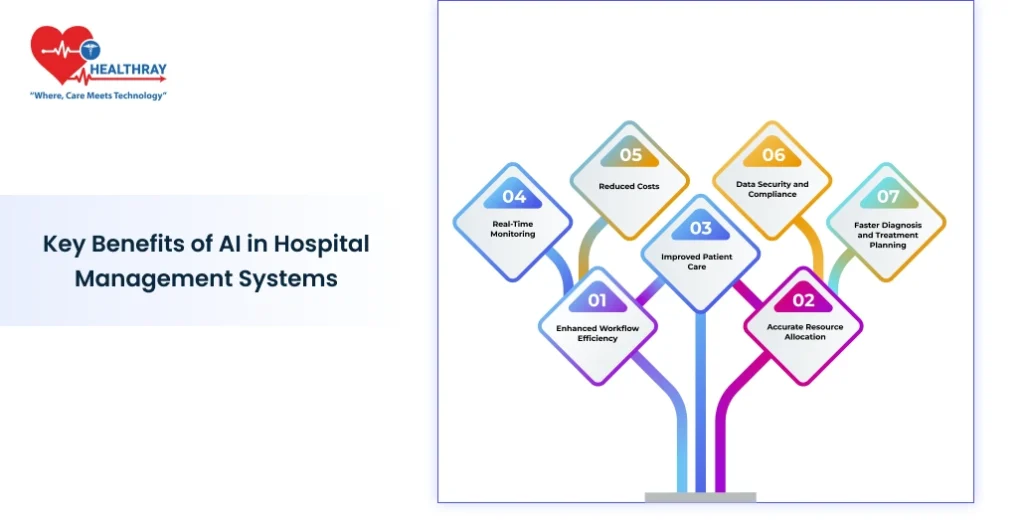
AI is revolutionizing Hospital Management Information Software (HMIS) Solutions by offering tangible benefits that impact daily operations, patient outcomes, and staff efficiency. Here’s a closer look at the key advantages:
Enhanced Workflow Efficiency
AI reduces the burden of time-consuming administrative tasks like data entry and appointment scheduling. Automated systems streamline processes, allowing staff to focus on high-priority work. For example, AI-powered chatbots handle patient inquiries, saving time for front-desk teams.
Accurate Resource Allocation
AI systems analyze data to predict resource needs such as bed occupancy, medication inventory, and staff requirements. Hospitals can avoid resource shortages or over-allocation, leading to more cost-effective operations.
Improved Patient Care
AI supports better decision-making by providing clinicians with real-time insights. Tools like AI-driven diagnostic systems help doctors identify potential health risks and suggest treatment plans, reducing errors and improving patient outcomes.
Real-Time Monitoring
Wearable devices and sensors powered by AI collect and process patient data continuously. This enables real-time monitoring of vital signs, which is especially useful in critical care units. Alerts are sent to medical teams when abnormalities are detected, ensuring timely intervention.
Reduced Costs
Efficient operations translate to cost savings. By optimizing schedules, minimizing waste, and reducing human errors, AI can significantly cut down operational expenses. For example, predictive maintenance for medical equipment ensures fewer breakdowns and reduced downtime.
Data Security and Compliance
AI enhances security in hospital management systems by detecting unusual activities or breaches in real time. For IT professionals, this means maintaining data privacy and staying compliant with healthcare regulations becomes much easier.
Faster Diagnosis and Treatment Planning
Doctors can rely on AI systems to process diagnostic tests quickly and suggest personalized treatment plans based on historical data. This speeds up treatment, especially in critical cases.
These benefits highlight how AI is not just a tool but a strategic ally for hospital administrators, IT teams, and doctors. It empowers healthcare facilities to operate smarter, deliver better care, and adapt to the growing demands of the industry.
Challenges and Considerations in AI Adoption for Hospital Management Systems
While AI offers promising solutions for hospital management, adopting it comes with its share of challenges. These issues must be addressed to ensure smooth integration and effective use.
Data Privacy and Security Concerns
Hospitals handle sensitive patient information, making data security a top priority. AI systems rely on large datasets, which can become vulnerable to breaches if not adequately protected. Ensuring compliance with regulations like HIPAA and implementing robust encryption are critical steps.
Integration with Existing Systems
Most hospitals already operate on complex management systems. Integrating AI tools without disrupting workflows or creating redundancies can be a daunting task. It requires thorough planning and collaboration between IT teams and AI solution providers.
High Implementation Costs
AI systems involve significant upfront investments, including software, hardware, and training expenses. For smaller hospitals with limited budgets, this can be a major barrier.
Staff Training and Adoption
AI systems are only as good as the people using them. Hospital staff, including administrators and doctors, need proper training to understand and trust these technologies. Resistance to change can slow down adoption, requiring effective communication and ongoing support.
Ethical Concerns
AI in healthcare raises ethical questions, especially around decision-making in critical scenarios. For example, relying on AI for diagnoses or resource allocation might conflict with human judgment, leading to concerns about accountability.
Reliability and Bias
AI models can sometimes produce biased or incorrect results, especially if they are trained on incomplete or skewed datasets. Regular audits and updates are necessary to ensure accuracy and fairness in AI-driven decisions.
Dependence on High-Quality Data
The effectiveness of AI systems depends on the quality of data they process. Incomplete, outdated, or inconsistent data can limit the accuracy of AI insights, reducing their value in hospital management.
Scalability and Customization
Hospitals differ in size, structure, and patient demographics. AI solutions need to be tailored to meet specific needs, which can complicate implementation. Moreover, scaling these systems across larger networks requires careful planning.
Addressing the Challenges
To overcome these obstacles, hospitals need a clear roadmap for AI adoption. This includes:
- Partnering with reliable AI solution providers.
- Investing in staff training programs.
- Ensuring compliance with data privacy regulations.
- Regularly monitoring and updating AI systems.
A proactive approach helps hospitals maximize AI’s potential while minimizing risks. When implemented thoughtfully, AI becomes a transformative tool that enhances HMIS Software without compromising ethics or efficiency.
Future Trends in AI and Hospital Management
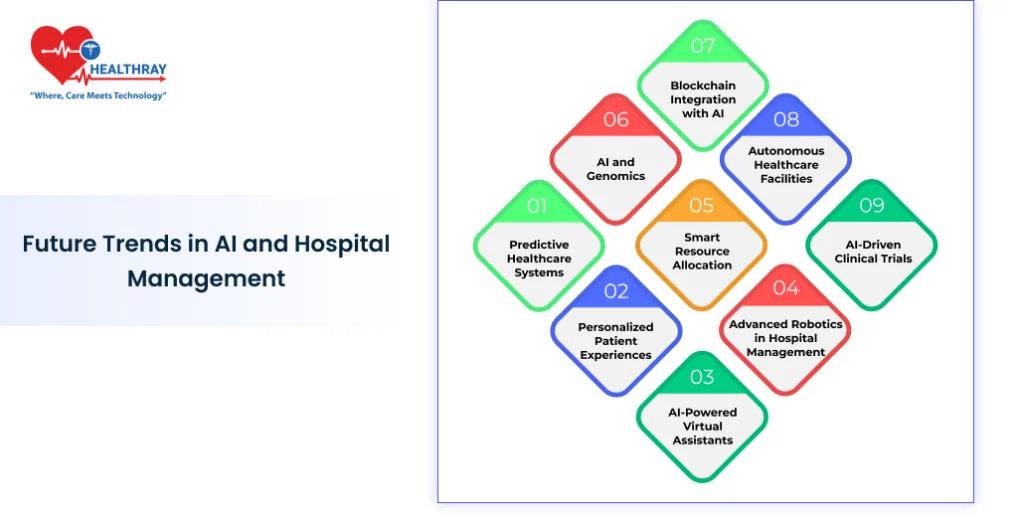
The adoption of AI in hospital management is still evolving, with new advancements and possibilities shaping the future. Here’s a glimpse into what lies ahead:
Predictive Healthcare Systems
AI will enable hospitals to move from reactive to predictive care. By analyzing historical patient data and real-time inputs, systems will predict diseases, prevent complications, and improve overall patient outcomes.
Personalized Patient Experiences
AI-driven systems will tailor every aspect of patient care, from treatment plans to appointment scheduling. With better integration of wearable devices and health apps, hospitals will offer highly customized experiences that cater to individual needs.
AI-Powered Virtual Assistants
Virtual assistants powered by AI are expected to handle more complex tasks, such as patient triaging, answering detailed queries, and guiding patients through the treatment process. These tools will improve accessibility while reducing the burden on medical staff.
Advanced Robotics in Hospital Management
Robotics integrated with AI will play a bigger role in hospital operations. From automated cleaning systems to robotic surgery assistants, these innovations will ensure precision, safety, and efficiency.
Smart Resource Allocation
Future AI tools will take resource allocation to the next level. For example, dynamic algorithms will adjust staffing and bed assignments in real-time, optimizing hospital workflows even during unexpected surges in patient volume.
AI and Genomics
Hospitals will increasingly use AI to analyze genetic data, offering insights that guide preventive measures and personalized treatments. This trend will bridge the gap between traditional healthcare systems and advanced genomic research.
Blockchain Integration with AI
The combination of blockchain and AI will redefine data security in Hospital Information System. Blockchain will ensure transparent and tamper-proof data transactions, while AI will analyze this data for actionable insights.
Autonomous Healthcare Facilities
Hospitals might adopt fully autonomous systems for routine tasks like inventory management, billing, and patient monitoring. These facilities will operate more efficiently, allowing staff to focus on core medical services.
AI-Driven Clinical Trials
AI is set to revolutionize clinical trials by identifying ideal candidates, predicting trial outcomes, and optimizing trial protocols. This will accelerate medical research and ensure safer, more effective treatments.
Conclusion
AI is reshaping the healthcare industry, and hospital management systems are no exception. For hospital administrators, healthcare IT professionals, and doctors, adopting AI-driven tools is no longer just an option—it’s a necessity for staying ahead in a demanding field. From predictive analytics to personalized care and streamlined operations, the benefits of AI are undeniable.
However, embracing AI isn’t just about integrating new technology. It’s about addressing challenges like data security, ethical concerns, and staff adoption while creating a balance between automation and human oversight. Hospitals that take a proactive approach to these challenges are the ones poised to lead the future of healthcare.
